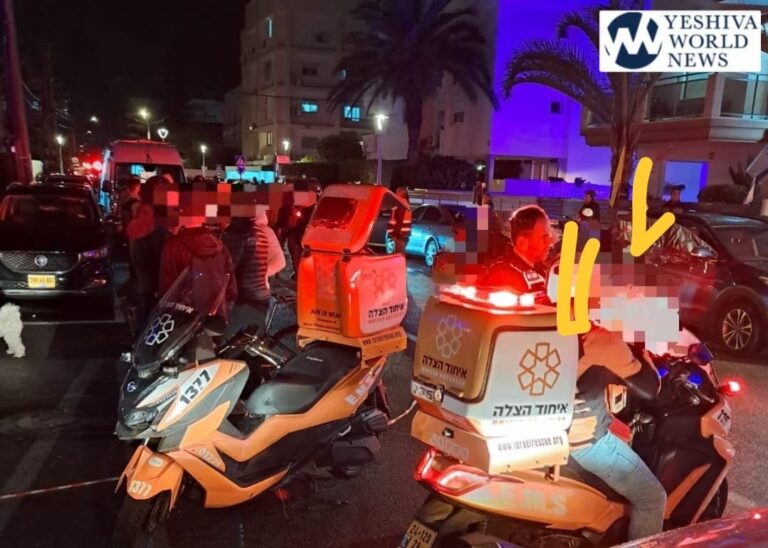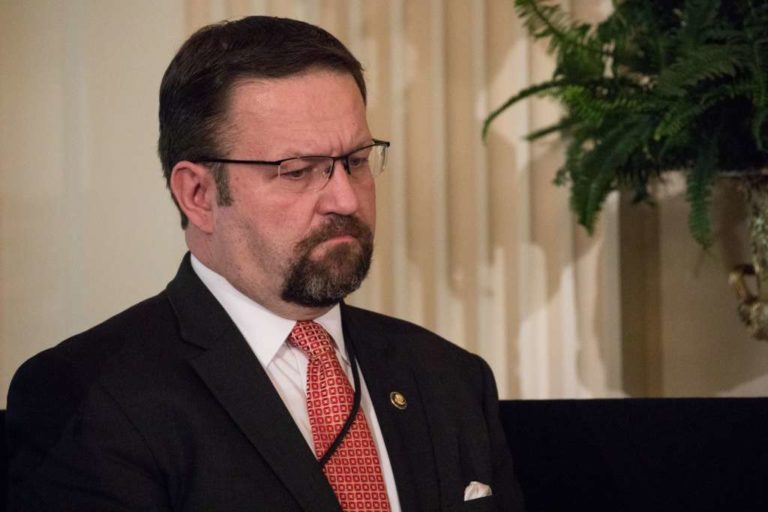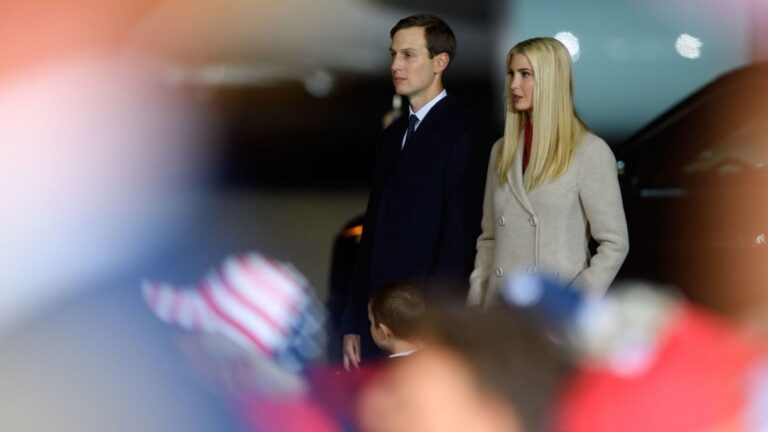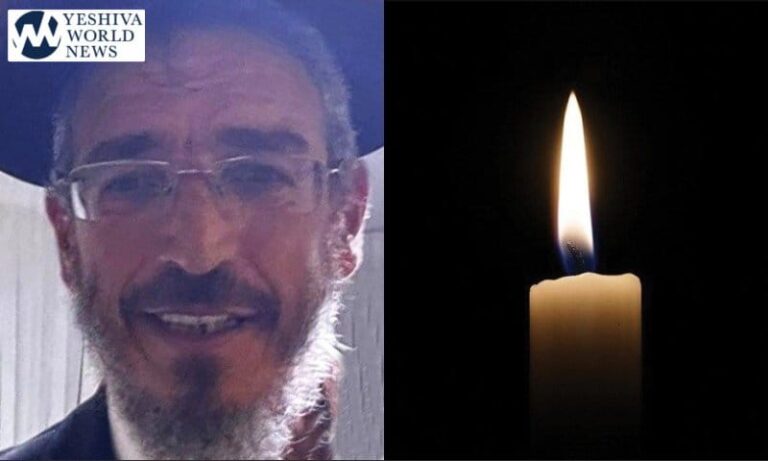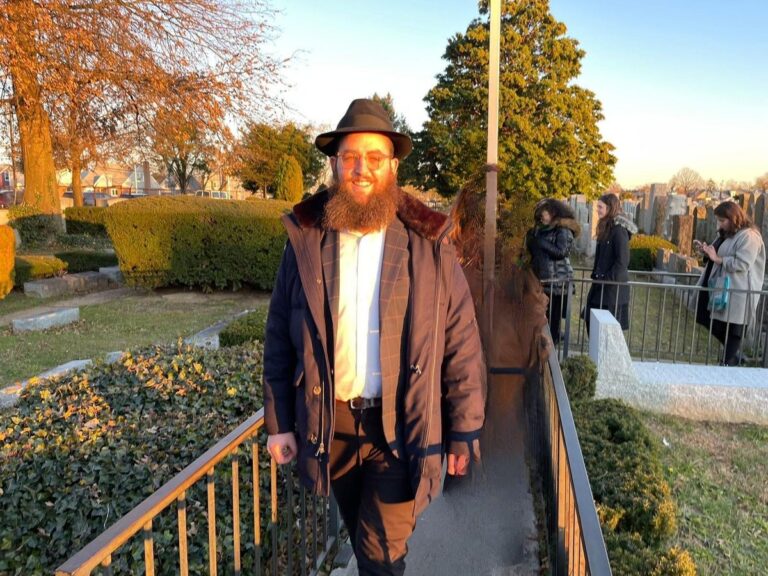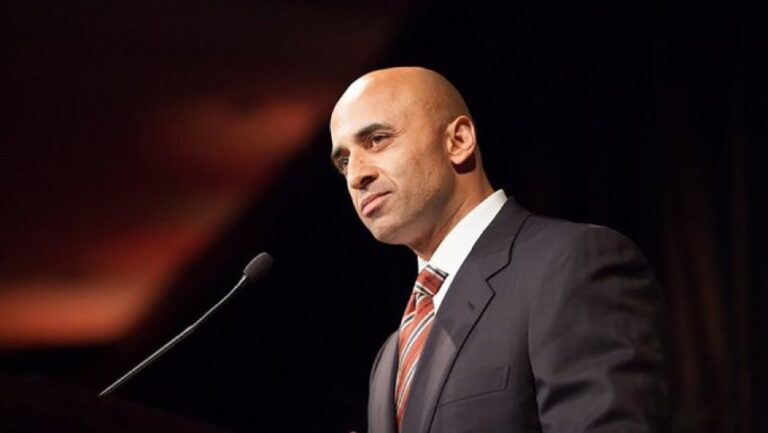 President Hassan Rouhani said Wednesday that Iran is open to discussing “details” of nuclear activities including the enrichment of uranium, hinting that the Islamic Republic is willing to broaden the terms of negotiations with world powers. He spoke shortly after receiving support from a wide range of legislators for his policy of reaching out to the West.
President Hassan Rouhani said Wednesday that Iran is open to discussing “details” of nuclear activities including the enrichment of uranium, hinting that the Islamic Republic is willing to broaden the terms of negotiations with world powers. He spoke shortly after receiving support from a wide range of legislators for his policy of reaching out to the West.
Rouhani emphasized Tehran’s longstanding position that its fundamental right to enrich uranium, a key ingredient of nuclear weapons that Iran says it needs for peaceful purposes, is not up for discussion. But his statement was a veiled hint that Iran is open to negotiate on the level of uranium enrichment as part of a deal in return for lifting of sanctions.
Rouhani was elected this summer with the backing of centrists and reformists, pledging a new approach to relations with the West. During a visit to New York for the U.N. General Assembly last week, he held a historic phone conversation with President Barack Obama, a gesture aimed at ending three decades of estrangement between the two countries.
In his remarks Wednesday after meeting with the Cabinet, Rouhani said Iran has drawn up a “precise plan” to put on the table at the next round of talks with the five permanent members of the U.N. Security Council plus Germany in Geneva later this month.
“Iran’s enrichment right is not negotiable but we must enter into talks to see what would the other side proposes to us about the details,” he said.
Uranium enrichment is a technology that can be used to produce nuclear fuel but further enrichment makes it suitable for use in nuclear weapons.
The U.S. and its allies fear that uranium enrichment could be used in developing a nuclear weapons capacity. Iran says its program is peaceful and geared toward generating electricity and producing radio isotopes to treat cancer patients.
Foreign ministers of Iran and the six-nation group — the U.S., Britain, France, Germany, Russia and China — met in New York last week in a first meeting since Rouhani was elected president in June. The next round of talks will be held Oct. 15-16 in Geneva.
Rouhani has reached out to the West, hoping that his policy of moderation and easing tensions with the outside world will lead to a nuclear deal.
Over 230 lawmakers, out of a total of 290, signed a statement Tuesday to endorse Rouhani’s policy of détente and interaction, signaling that he enjoys support from both moderates and conservatives within the ruling establishment.
Iran’s Supreme Leader Ayatollah Ali Khamenei, who has the final say on all state matters, has supported a strategy of “heroic flexibility” in foreign policy, opening the way for Rouhani’s outreach.
Rouhani reiterated Iran’s pledge that it’s not seeking nuclear weapons, and that it will keep its nuclear facilities open to inspection by the International Atomic Energy Agency, the U.N.’s nuclear watchdog group.
“This is our principle: to keep doors of our nuclear facilities open to IAEA inspection,” he said. “We have nothing to hide. Our record is clean and our hands are open.”
Iran is living under U.N. sanctions as well as tough U.S.-led oil and banking sanctions that have slashed oil exports by half and shut Tehran out of the international financial system.
Rouhani said he was not surprised to see Israeli Prime Minister Benjamin Netanyahu expressing anger at Iran’s “charm offensive.”
Netanyahu on Tuesday called Rouhani “a wolf in sheep’s clothing” and accused the leader of being “a loyal servant of the regime” who has done nothing to stop Iran’s nuclear program since he took office in June.
“Such remarks show that we are moving in the right direction,” Rouhani said. “When Israel sees that its sword doesn’t work and that the wisdom has prevailed in the world and that Iranian people’s message of peace is heard . they definitely get angry.”
(AP)

